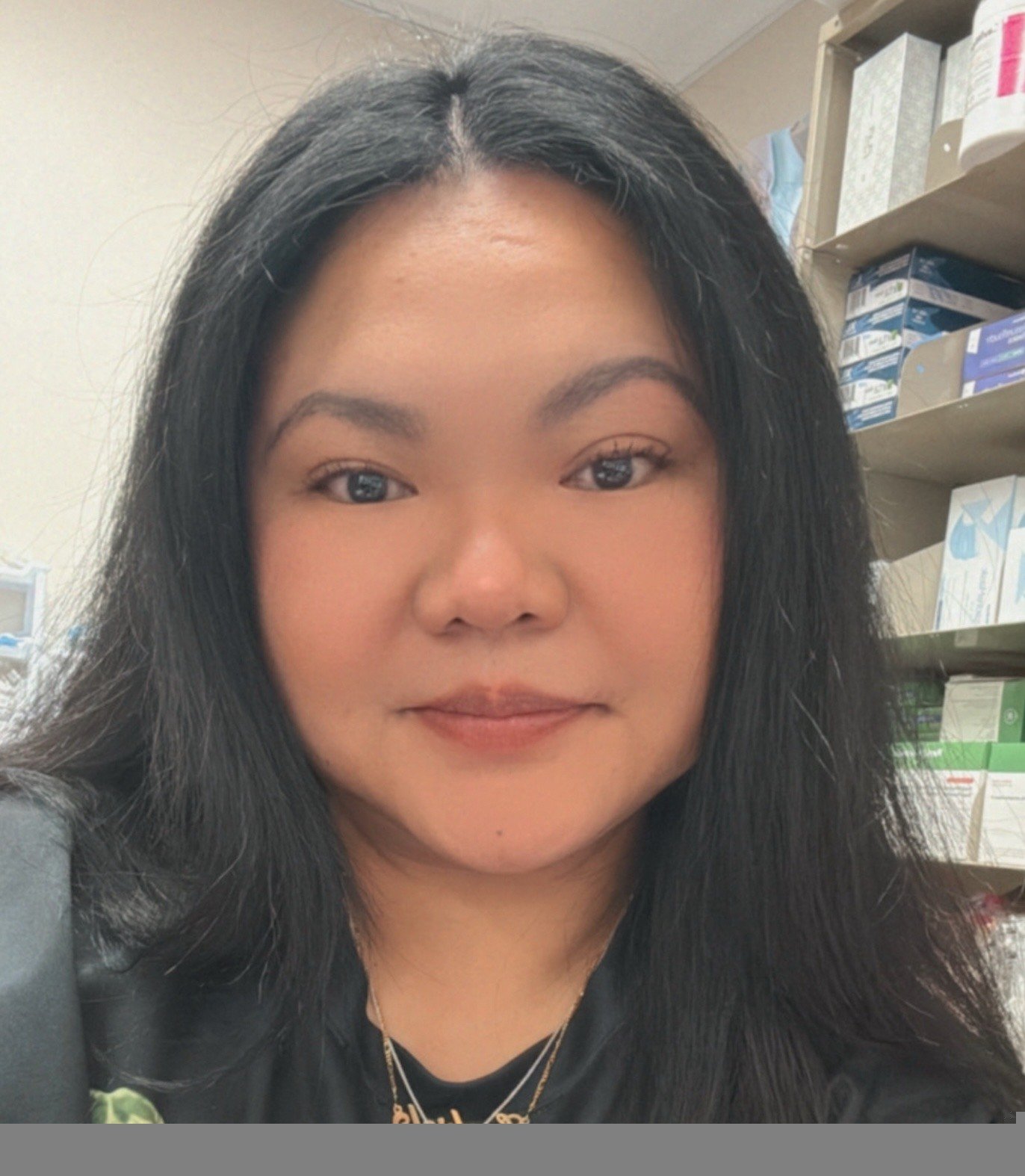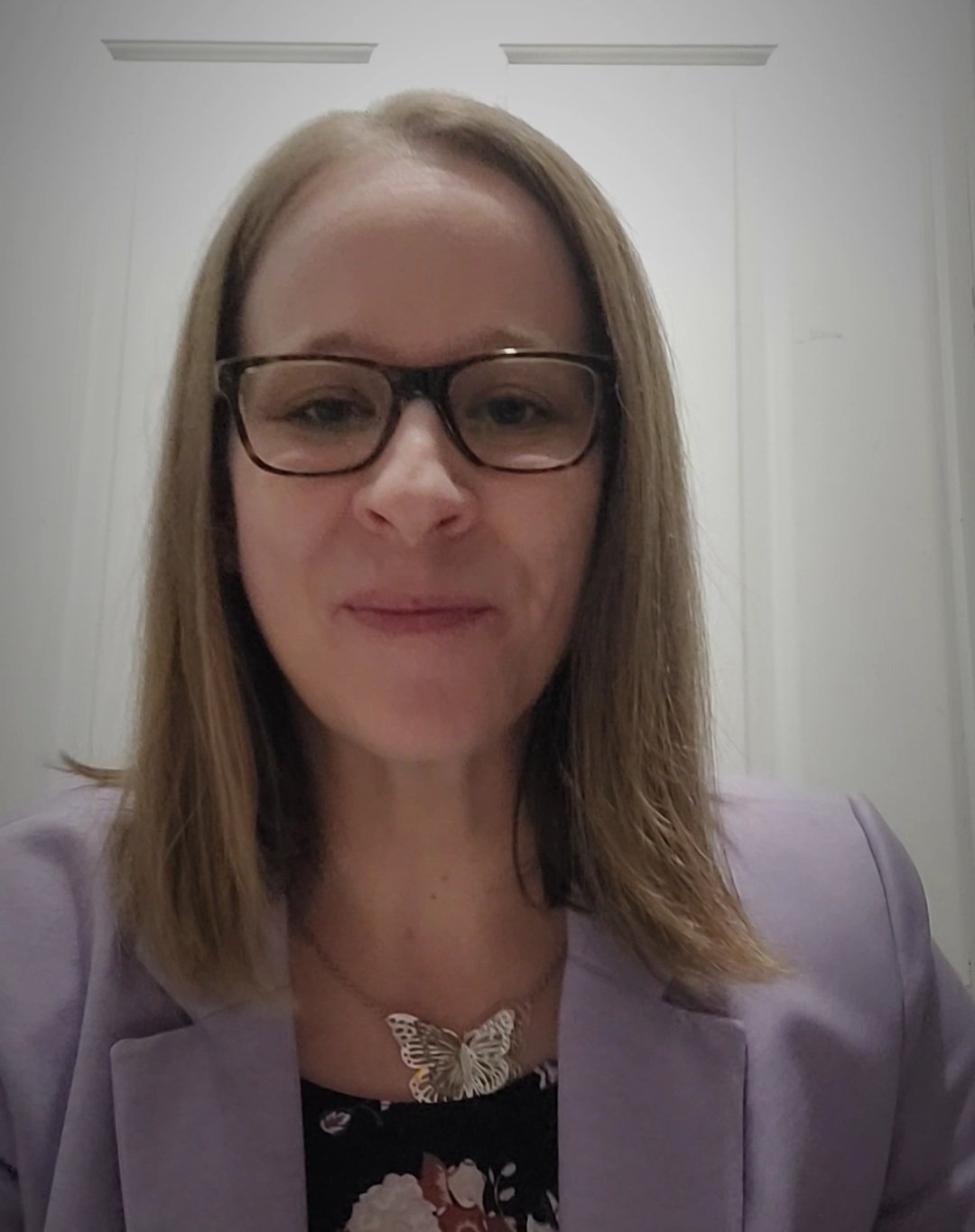Ten years ago, Dorothy Manzano decided she’d had enough of food service and retail jobs. The healthcare field was where she really wanted to be. But nursing took too long and she was squeamish about needles. What to do?
She decided to enrol in the Medical Office Assistant program at Herzing College, which perfectly aligned with her interests and goals. After graduating, she worked as an MOA for several years and is now the office manager at a cardiology clinic.
We spoke with Dorothy recently about how her Herzing experience helped her get where she wanted to go. Here’s her story.















